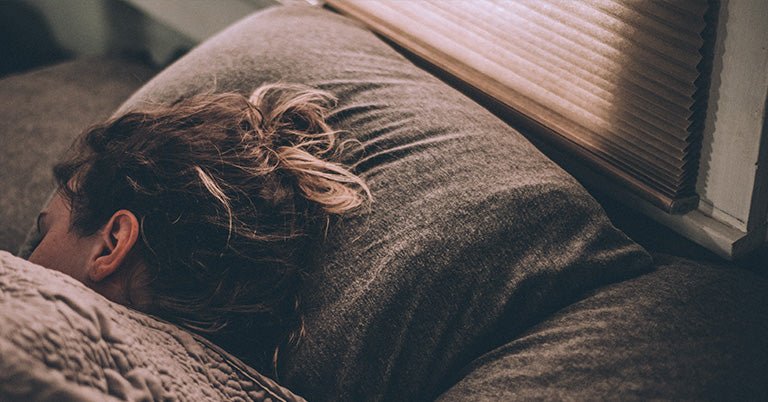Sleep is our greatest resource for energy and rejuvenation. No matter how well you eat and exercise, nothing can compensate for a lack of sleep. We've compiled a list of tips to help you get the rest you need:
Keep a bedtime
Our bodies' natural rhythms respond best to consistency. A regular bedtime will help you predict the natural rise and fall of your energy during the day. Research also shows that going to bed at the same time every day encourages healthier, more restful sleep because we're primed to enter deep sleep cycles more quickly.
Time your hydration with bedtime in mind
Generally, adult bodies require somewhere between one and two liters of water a day. Assuming a normal, healthy water intake, adults should urinate once every hour or two. However, drinking liquids right before bed interferes with your body's natural sleep rhythms because the need to urinate interrupts even the deepest sleep cycles. To sleep better and more soundly without running to the bathroom, drink water soon after you wake up and slowly cut down your intake as the day goes on.
Dedicate a sleeping space
An hour before bed, turn down the covers, put away your phone, and do whatever it is that you find relaxing. This might include reading a book, stretching your legs, or listening to music. Research shows that preparing for sleep with familiar rituals signals to our brains that it is time to relax. Equally important is ensuring that where you sleep is calm and inviting. You can accomplish this by decorating simply, limiting the time you spend on electronic devices while in your sleeping space, and keeping clean sheets and soft blankets on hand. Where you sleep should be a refuge from the world, not another work space.
Put away the screens
Artificial light tricks our minds into believing that it is still daytime. Many people use handheld electronic devices right up to the moment they get into bed, at which point we have to subvert our own Circadian rhythms in order to fall asleep. Instead, turn your computer off, put your phone on silent, and put them away for the night once bedtime is near.
Consider a bio-identical supplement
There is a wide array of herbal supplements on the market, but there is no guarantee that a given medicine will work well with your unique body chemistry. For this reason, you are most likely to find success with supplements that mimic the chemicals your body produces naturally, like melatonin, which helps to regulate sleep and wake cycles. When we aren't sleeping well, we aren't living well. Do what you can to safeguard your sleep and your body will do the rest.
If you suspect that your poor sleep is owed to some physical or mental ailment, see a doctor for help.


Leave a comment
All comments are moderated before being published.
This site is protected by hCaptcha and the hCaptcha Privacy Policy and Terms of Service apply.